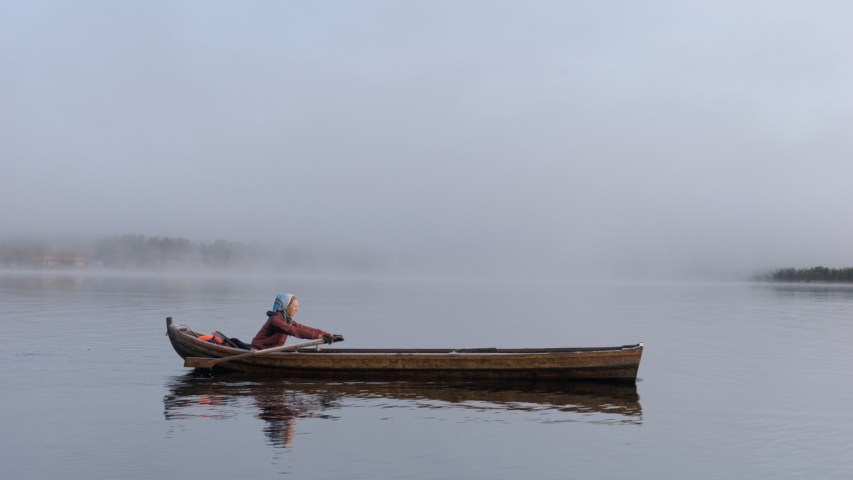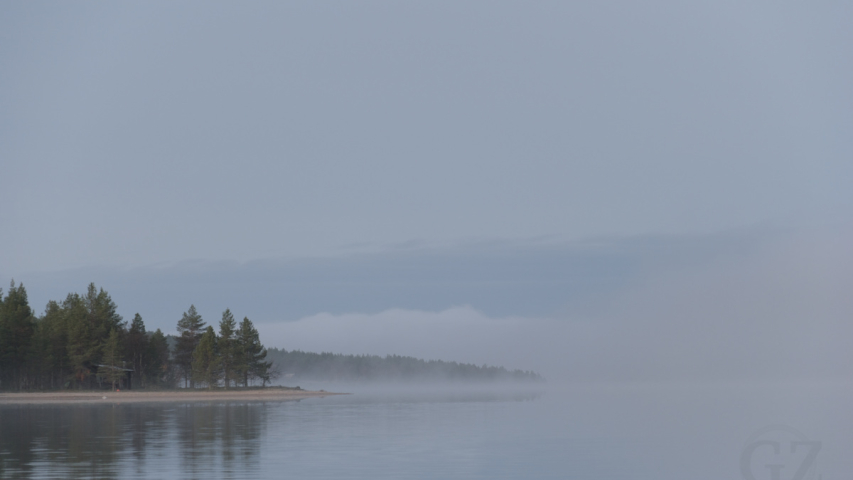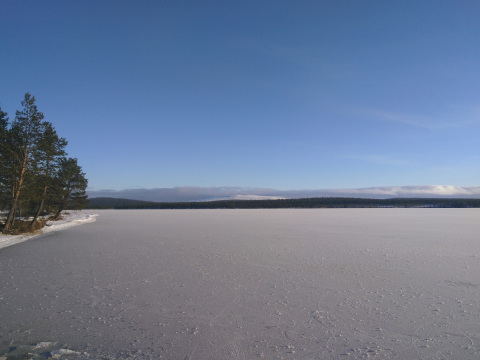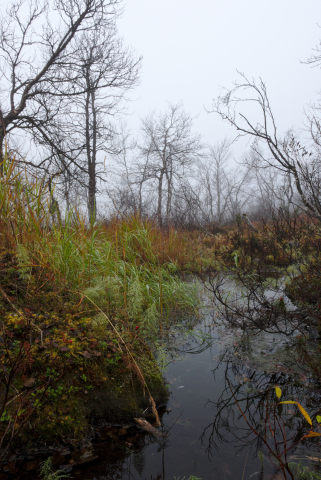"The silence is almost excessive, as if it has something to hide. It's as if the peace that rests over the fells and forests is based on some kind of arrested tension." (Therman in Pallas, Ounas: nature, people, national park, tourism. p.20)
It is becoming commonplace for companies and organisations to calculate the carbon footprint of their operations. There are serious problems and shortcomings with this calculation and in the way it describes the world and the state of the environment, but in some respects it is a useful simplification. It allows an individual or a community of people to think about the impact of their emissions in terms of what the world would look like if everyone emitted the same amount of certain toxins.
Using the same formula, it is interesting - if distressing - to imagine what the Earth would sound like if everyone made as much noise as those who made the most noise. What would the wilderness sound like if everything was motorised?
Of course, the definition of noise is not straightforward (I must admit, being a person who plays noise music), but one could start from the premise that noise is a continuous sound with a large amount of white noise. So with this logic you wouldn't count music, church bells, axes hitting wood or raucous laughter. In addition, noise is something that is produced outside the walls of the house, so drilling in the home does not count. Therefore, mainly engines such as lawn mowers and motorised vehicles would be included in this kind of analysis. It would also be worth including the sound amplifying aspect of environmental acoustics, such as the back of a lake.
Noise pollution is often associated with cities or the proximity of arterial routes between them. In remote and wilderness contexts, however, noise has an additional impact, as other organisms besides humans that find refuge there are known to be disturbed by it. A clear example is the eagle, whose nesting is immediately disturbed and easily interrupted by the presence of a motorised vehicle.
Many of us find it difficult to be clear-headed and ethically vigilant without silence, and this is what we seek in the wilderness. But it's getting harder and harder to find. Is this just a side effect of the machinery of speed and capitalism? Or are there people or bodies who do not want to give way to that silence, or at least do not want it around them? Can't stand that aforementioned 'arrested excitement'? At least that's how it seems sometimes.
Well, perhaps the idea that noise is anything other than a by-product of "development" is a bit paranoid. Be that as it may, it's annoyingly difficult to sense the 'peace of the fells and forests with something to hide' in many places any more. October's Lake Ounas in the morning mist gives a taste of it.




